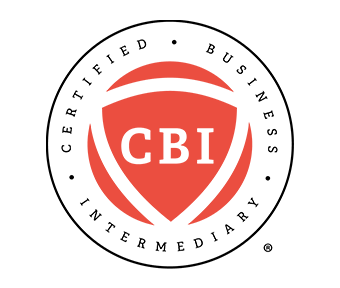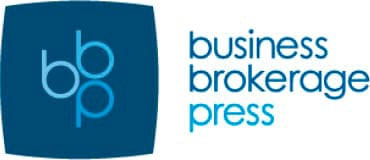The IBBA® is the world’s largest professional
community of business intermediary specialists.When it comes time to sell or buy a business, choose to work with an experienced IBBA Member who will guide you through every step of the process. Look for the Certified Business Intermediary® (CBI) designation to identify individuals who have met our highest standards for education, ethics and professionalism.
Become a Part of the Best in Business Brokerage
Join the IBBAFind Courses to Level Up Your Practice
Browse EducationThe Latest Research in Dealmaking Trends
Keep Your Pulse on the Market

Find a Local Broker
Find experienced business brokers and CBIs in your area by browsing the IBBA Member Directory.

Join IBBA
IBBA Membership includes access to numerous free resources. Join today to start saving!

Earn the CBI
CBI certification demonstrates knowledge, experience and commitment to excellence.

Become A Business Broker
Browse resources to answer, “Is Business Brokerage right for me?” and, if so, where to start.
Membership Benefits

Savings
Members receive free tools and discounts that lower operating costs and facilitate your success.

Education
IBBA Members receive preferred pricing on all IBBA online and live education.

Community
Support programs and peer sharing bring you the insights and connections you need to succeed.

Exposure
When people want to find a Business Broker, they come to the IBBA. Get found!
Business Brokerage Resources

CBI Certification
The Certified Business Intermediary (CBI) is a prestigious designation to the IBBA that identifies an experienced and dedicated business broker.

The IBBA's Podcast
Give your favorite episodes another listen and catch up on past seasons!
Listen Now »Business Broker Education
IBBA courses have been created specifically for the IBBA by industry professionals and subject matter experts.
 Let Our Experience & Market Knowledge Work for You.
Let Our Experience & Market Knowledge Work for You.









